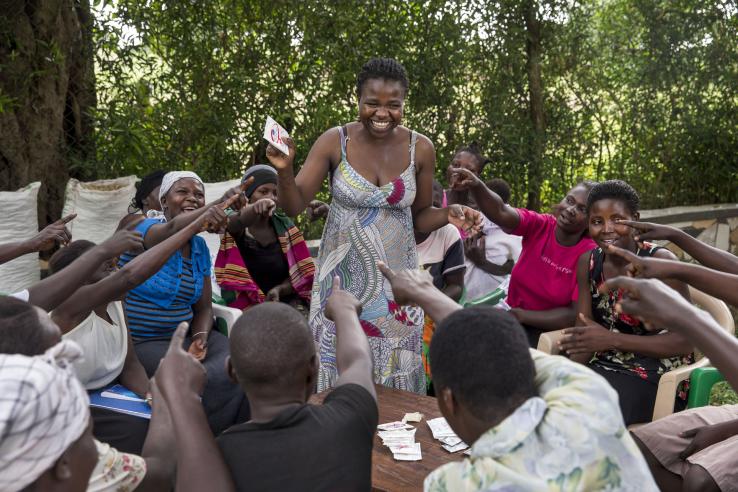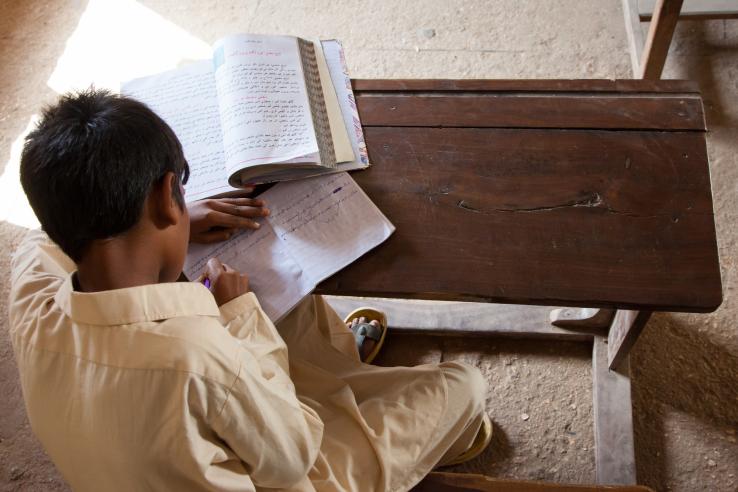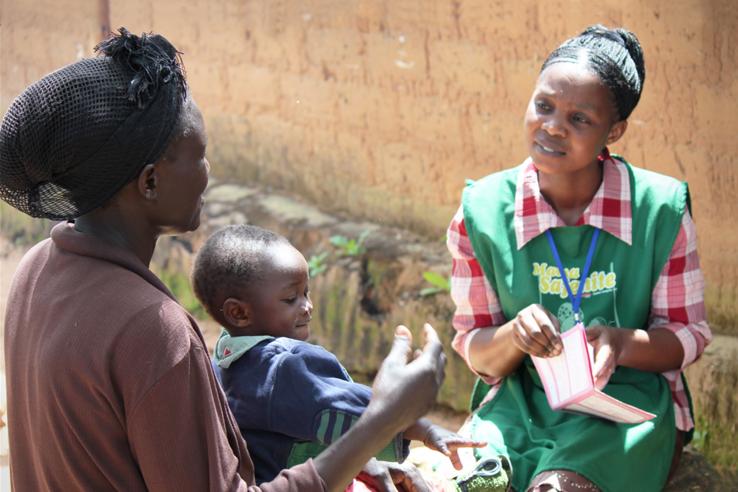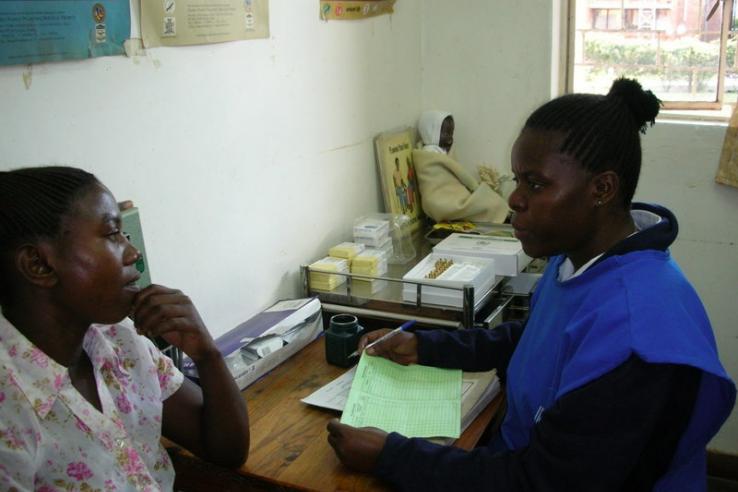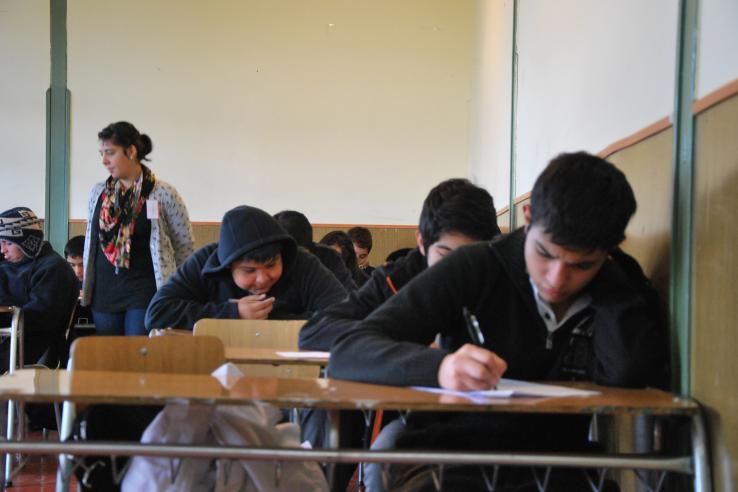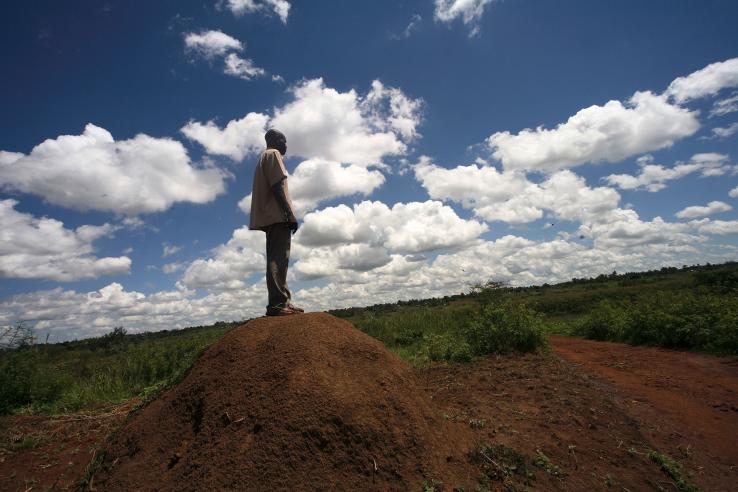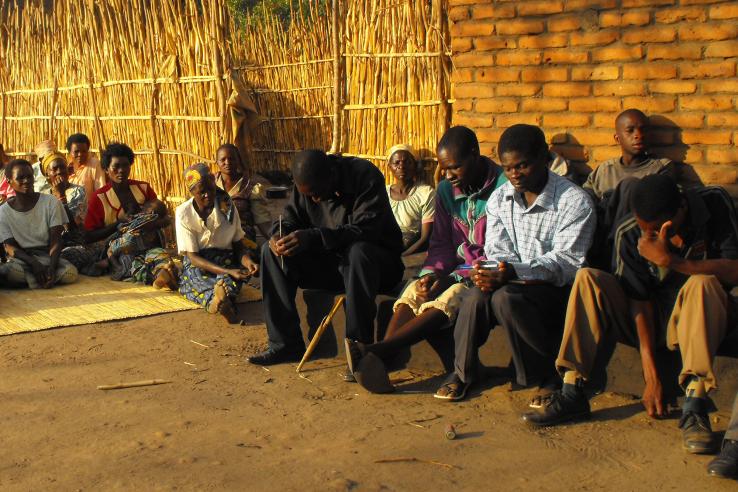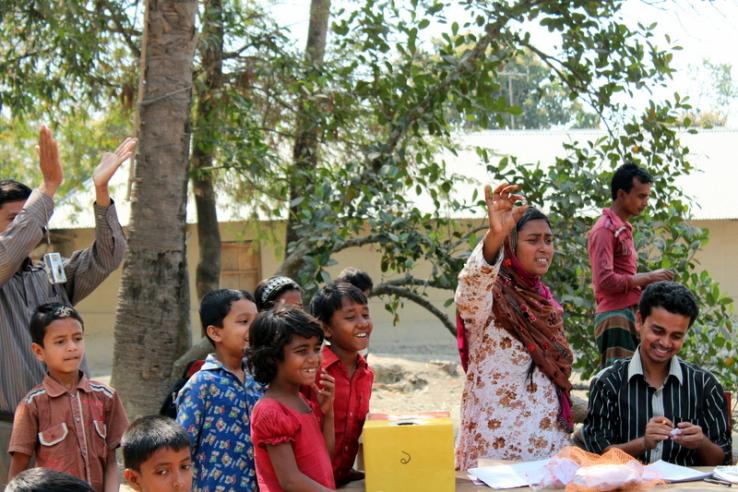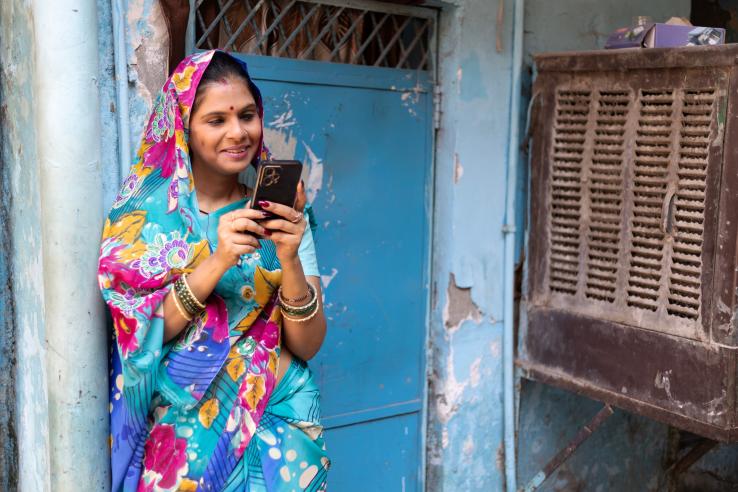Displaying 2761 - 2775 of 8318
Blog
In honor of International Women’s Day this week, we are highlighting insights from a new literature review of the most effective approaches to improving women's agency and sharing ideas for further research.
Evaluation
In this study, researchers introduced report cards with child and school test scores to evaluate the impact on public and private schools’ cost, performance, and enrollment. The program reduced private school fees, improved test scores, and increased primary school enrollment.
Evaluation
The Government of Zambia partnered with researchers to test the effect of two different recruitment strategies for a newly created healthcare position, the Community Health Assistant (CHA). One strategy emphasized career opportunities and the other emphasized the contributions one could make in the community. The evaluation found that emphasizing opportunities for career advancement led to the selection of CHAs who were more qualified, had similar community service motivation, performed better on the job, and significantly improved health practices and outcomes in their communities.
Evaluation
Researchers in Zambia evaluated the impact of teaching husbands about the dangers of maternal mortality on their acceptance of family planning methods.
Evaluation
Researchers tested the effects of providing low-income students in urban Chile with information about financial aid for higher education on their educational attainment and their likelihood of progressing to higher education. A video informing students about financing higher education increased enrollment in college preparatory schools and increased school attendance, particularly among medium- and high-performing students, but had no effect on grades.
Evaluation
Researchers partnered with the Chilean Ministry of Social Development to evaluate a micro-entrepreneur training and cash transfer program in Chile. They examined the effects of business training and cash transfers on individual employment and income. The program increased total employment, income, and positive business practices.
Evaluation
This evaluation measured the impact of different in-store information campaigns on the consumption of plastic shopping bags and the sale of reusable bags in grocery stores across Mexico. The information campaigns did not significantly reduce plastic bag consumption or increase the sale of the reusable bags. The low intensity of the campaigns may have been a factor in their ineffectiveness.
Evaluation
In Sierra Leone, researchers are testing whether price subsidies and agricultural extension training can reduce the costs of early adoption, and whether using the improved seed varieties will ultimately benefit poor farmers.
Evaluation
In Malawi, researchers are evaluating the effect of membership in a Village Savings and Loans Association (VSLA) on an individual’s financial and social well-being.
Evaluation
Researchers evaluated the impact of different approaches designed to increase latrine coverage on actual latrine coverage, investment in hygienic latrines, and the prevalence of open defecation.
Evaluation
Researchers evaluated whether the intensity of personalized interaction between borrowers and loan officers in India influenced borrowers’ repayment behavior. They found that clients with personal relationship managers at the bank had better repayment behavior but were not more satisfied with their loans overall.
Evaluation
Researchers are testing the relative effect on knowledge and savings behaviors of training customers through business correspondent agents and giving customers financial information directly, using an innovative mobile-based information platform.
Research Paper
File: Research paper
